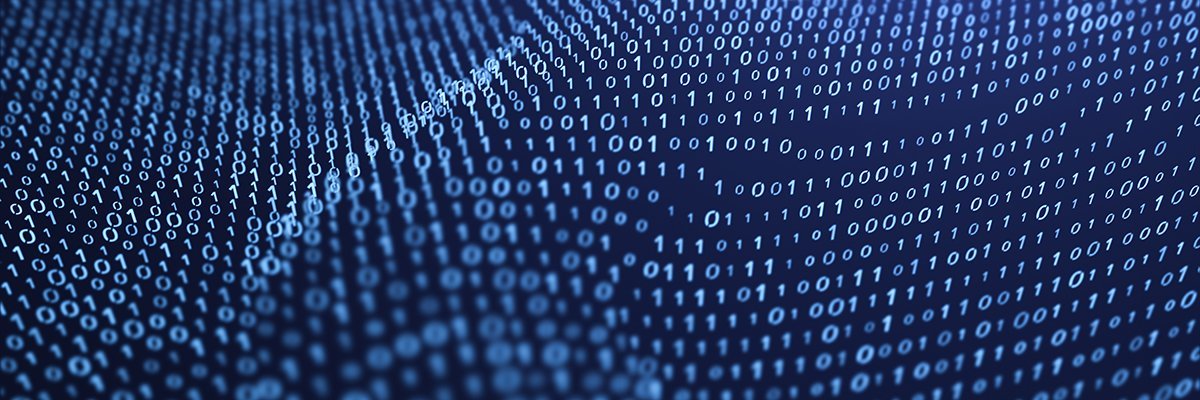In a recent development, Docker Inc. has announced its support for the Model Context Protocol (MCP), a standard specification designed to facilitate the connection between AI agents and various data sources and tools. This move comes on the heels of major industry players such as OpenAI, Microsoft, and Google also throwing their weight behind MCP in recent weeks.
The upcoming Docker MCP Catalog and Docker MCP Toolkit are poised to revolutionize the way developers interact with AI agents, providing a seamless integration with enterprise workflows. While an exact availability date has not been disclosed, a Docker spokesperson has indicated that these tools are expected to roll out within the next month.
One of the key innovations that Docker brings to the table is its support for executing isolated code in Docker containers within the MCP server. This feature enables support for multi-language scripts, robust dependency management, error handling, and container lifecycle operations. According to Andy Thurai, an independent analyst at The Field CTO, this capability could prove invaluable to developers seeking secure and isolated environments for running untrusted or experimental code.
Despite the promise of MCP, security remains a top concern as researchers have uncovered potential vulnerabilities in the protocol. To address this issue, researchers from AWS and Intuit have proposed a zero-trust security framework, underscoring the need for robust security measures to safeguard against potential threats.
As MCP is still in its experimental stage and governed by Anthropic, the company has signaled its willingness to explore the possibility of donating the project to an open-source foundation. Additionally, the development of agentic AI, which relies on individual AI agents to perform specific tasks, is still in its nascent stages, with infrastructure and protocols still being developed to connect these agents across various orchestration frameworks.
Torsten Volk, an analyst at Enterprise Strategy Group, emphasizes the importance of Docker’s swift adoption of MCP to build out an ecosystem of servers that can enhance developers’ capabilities without compromising on security or requiring extensive coding. By leveraging the Docker MCP Catalog, developers can access a wide array of AI tools and seamlessly integrate them into their applications, thereby enhancing Docker Desktop’s appeal to users.
The Docker MCP Catalog already boasts an impressive lineup of partner listings, including key players like Elastic, Grafana Labs, and New Relic. However, analysts like Thurai caution that the partner ecosystem still needs further expansion to ensure the success of Docker’s MCP tools in the market.
Despite the challenges ahead, Docker’s commitment to advancing the MCP protocol and providing developers with the tools they need to build cutting-edge applications signals a new era in AI development. With the support of industry heavyweights and a growing list of partners, Docker is poised to make a significant impact on the AI landscape in the coming months.
As the tech industry continues to evolve at a rapid pace, the adoption of emerging technologies like MCP will play a crucial role in shaping the future of AI development. By embracing innovation and collaboration, Docker is paving the way for a more interconnected and efficient ecosystem for developers and AI enthusiasts alike.


